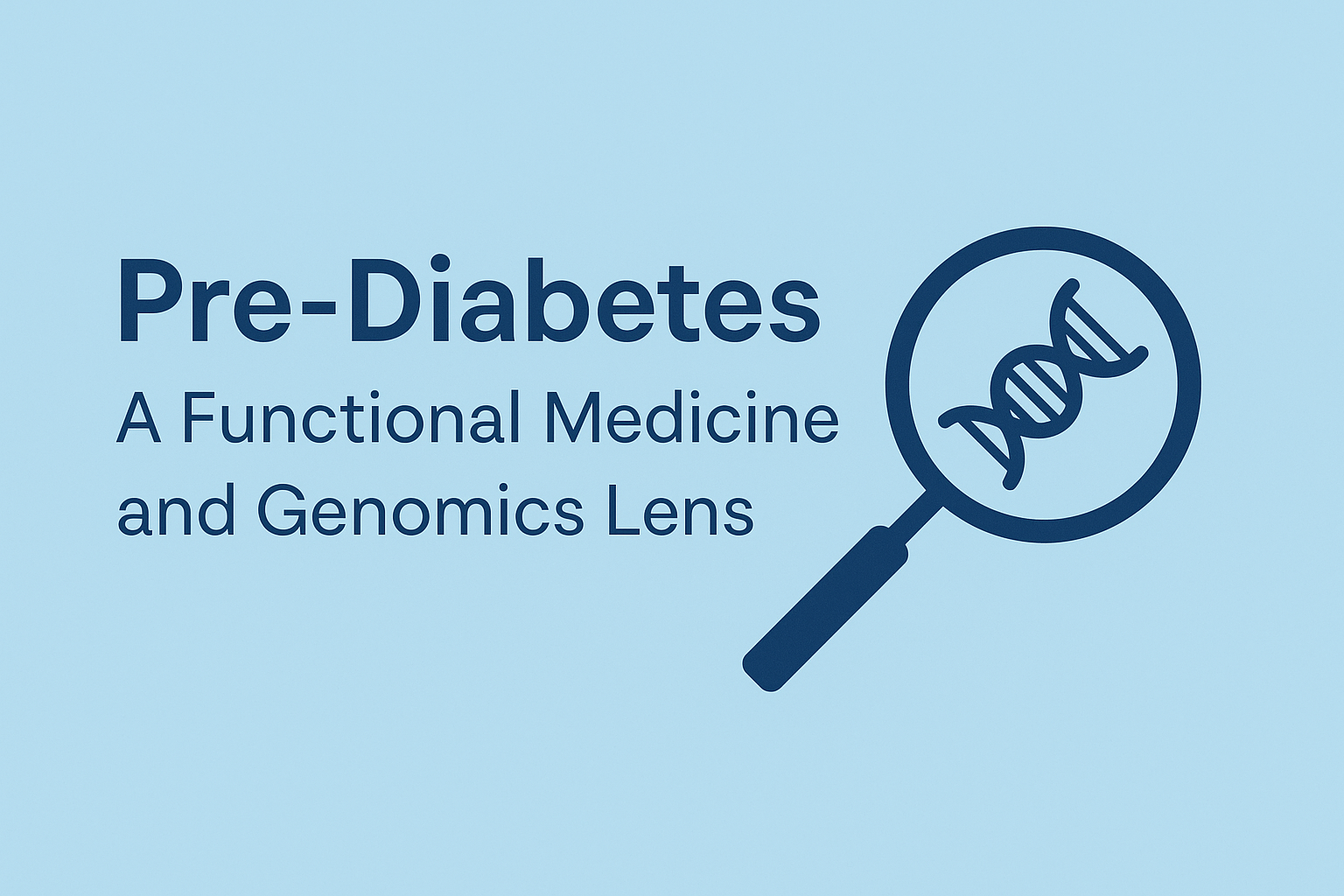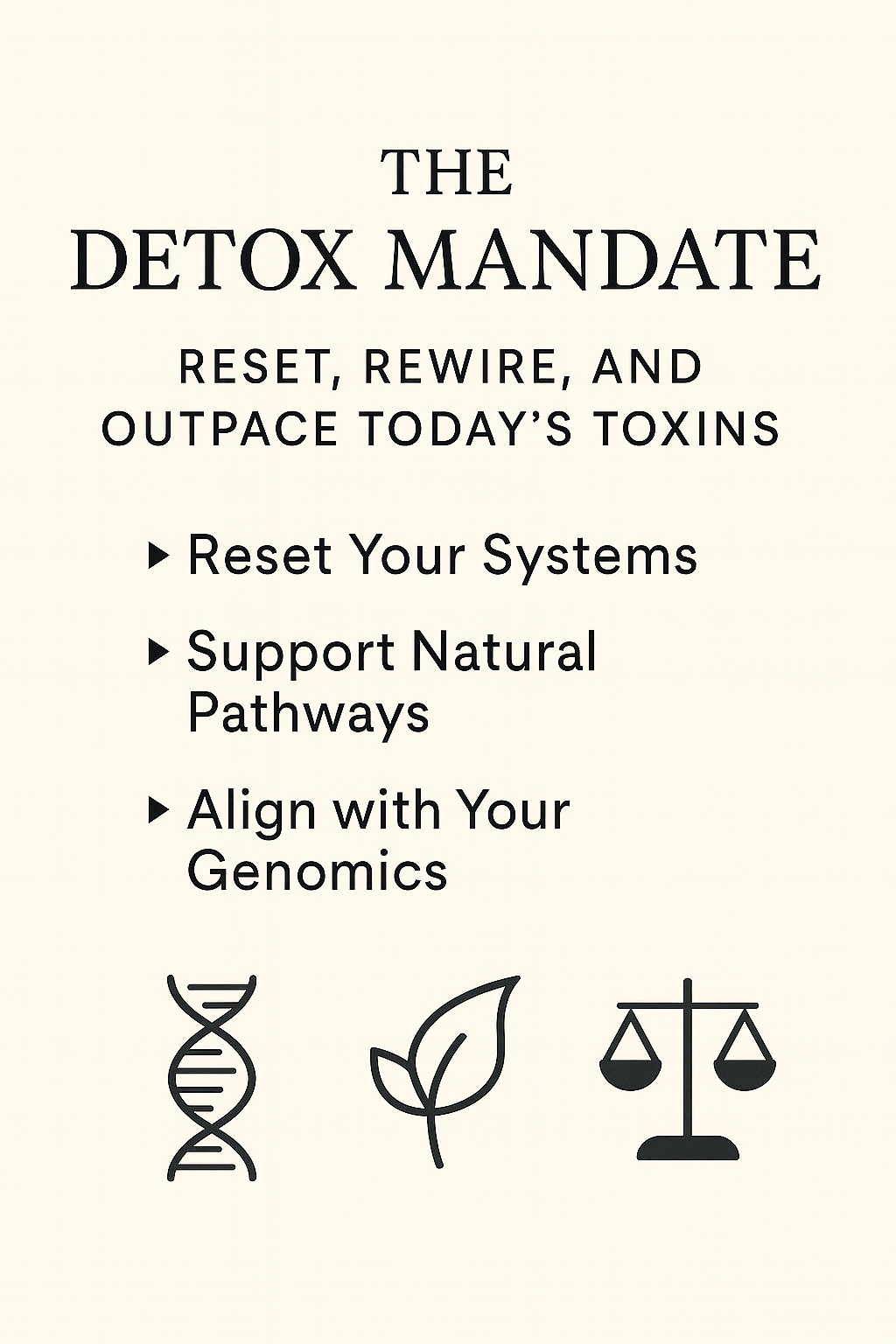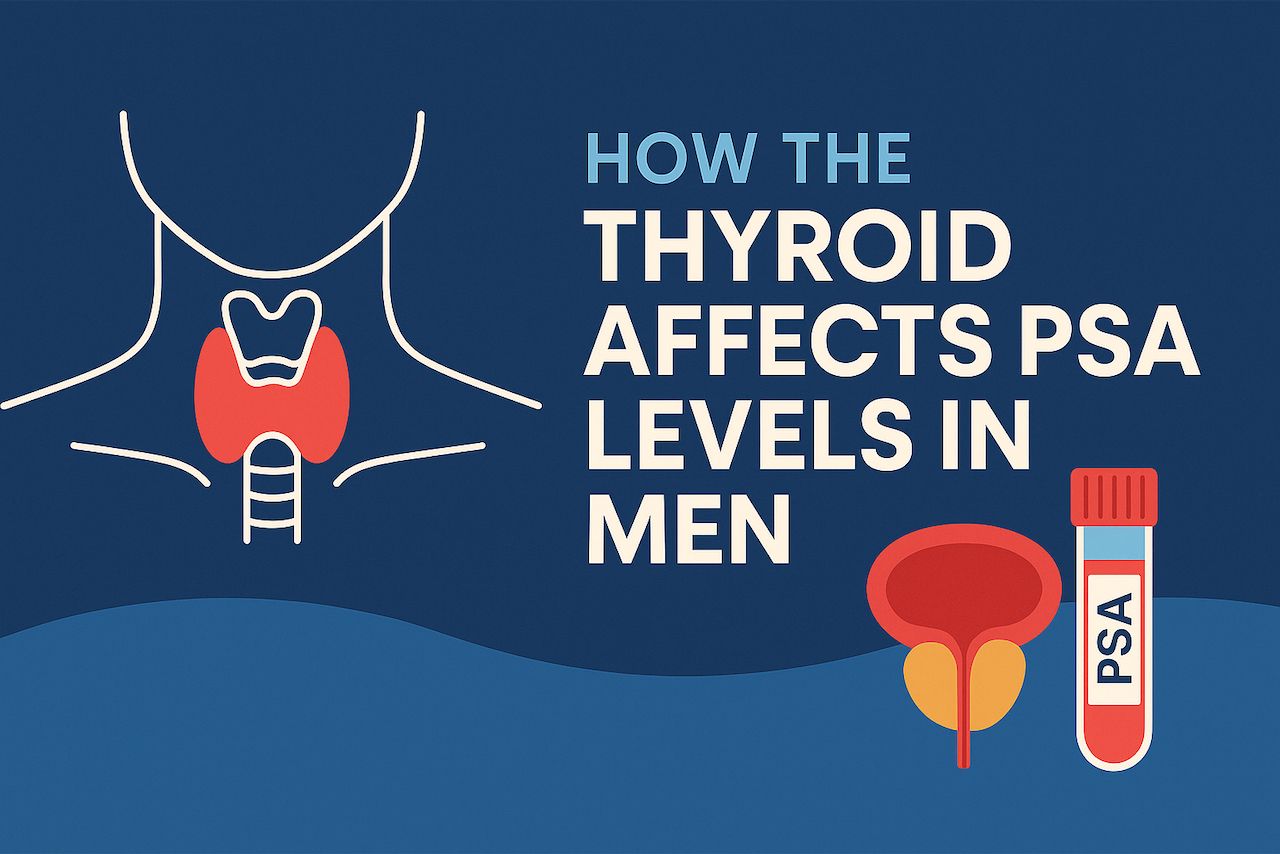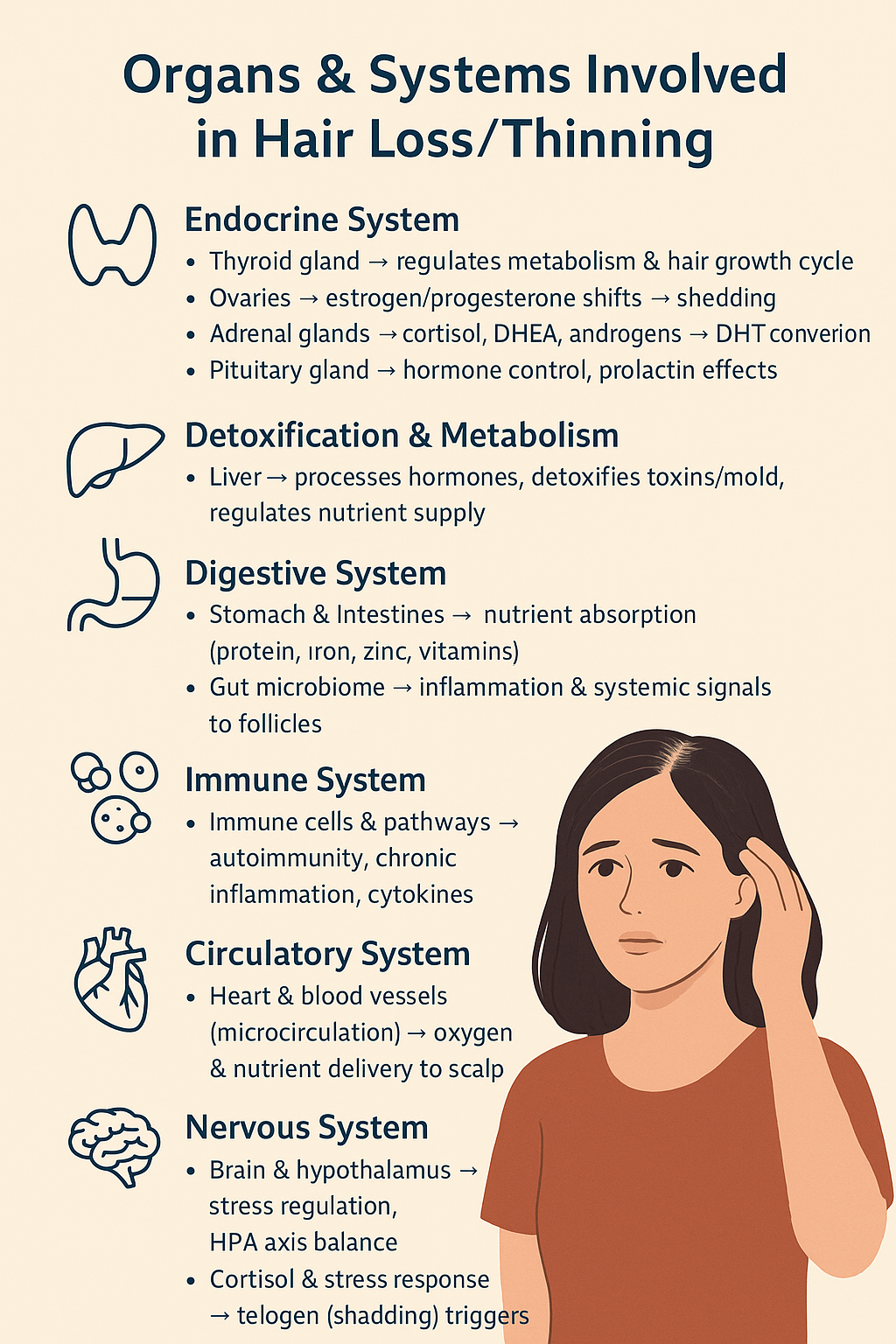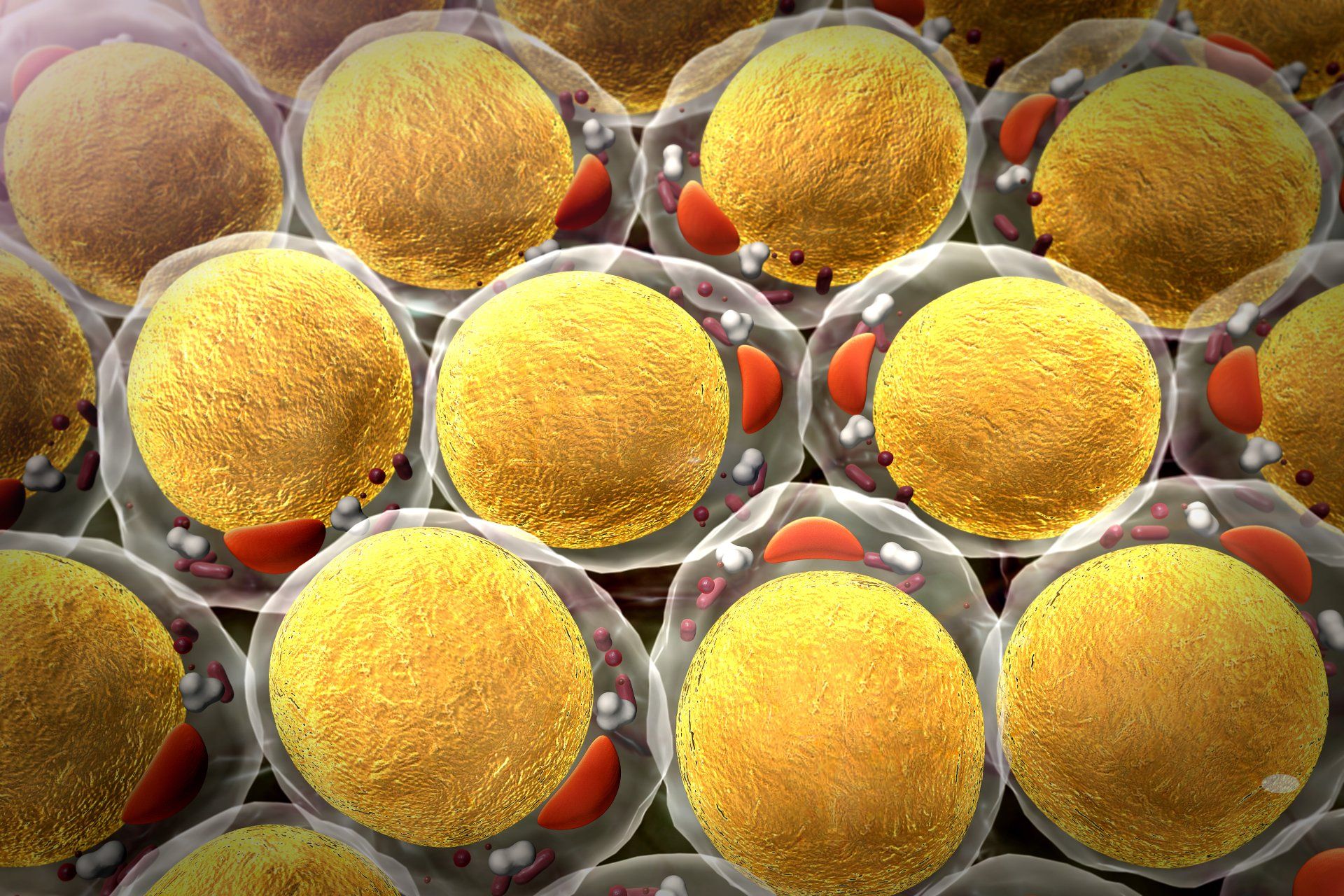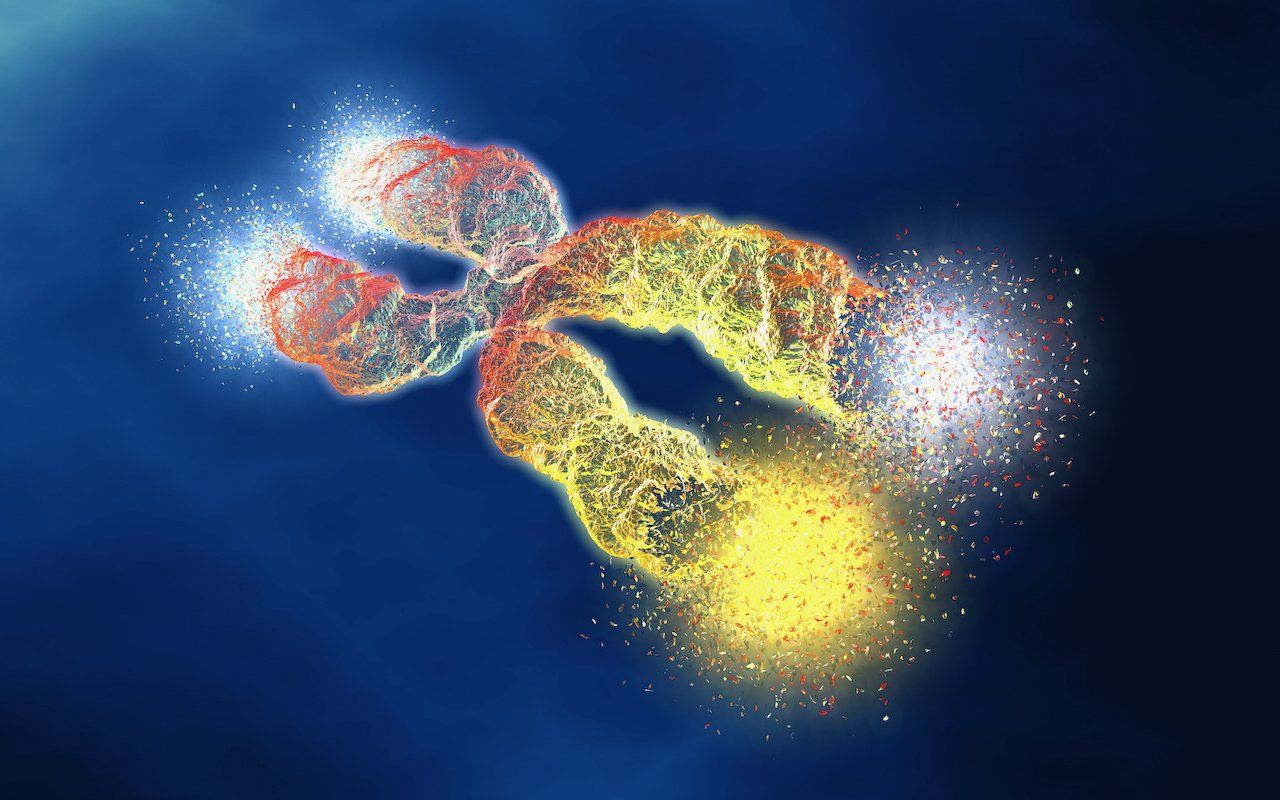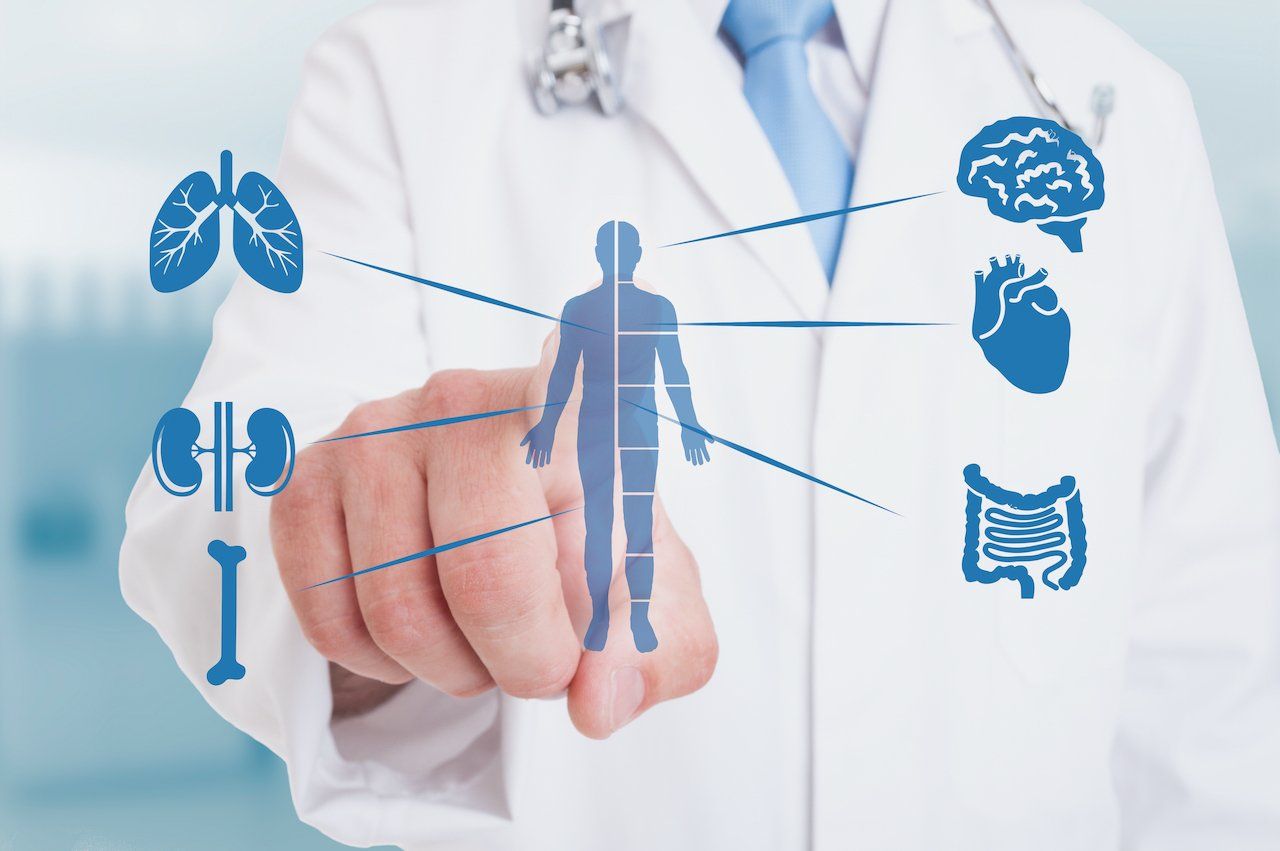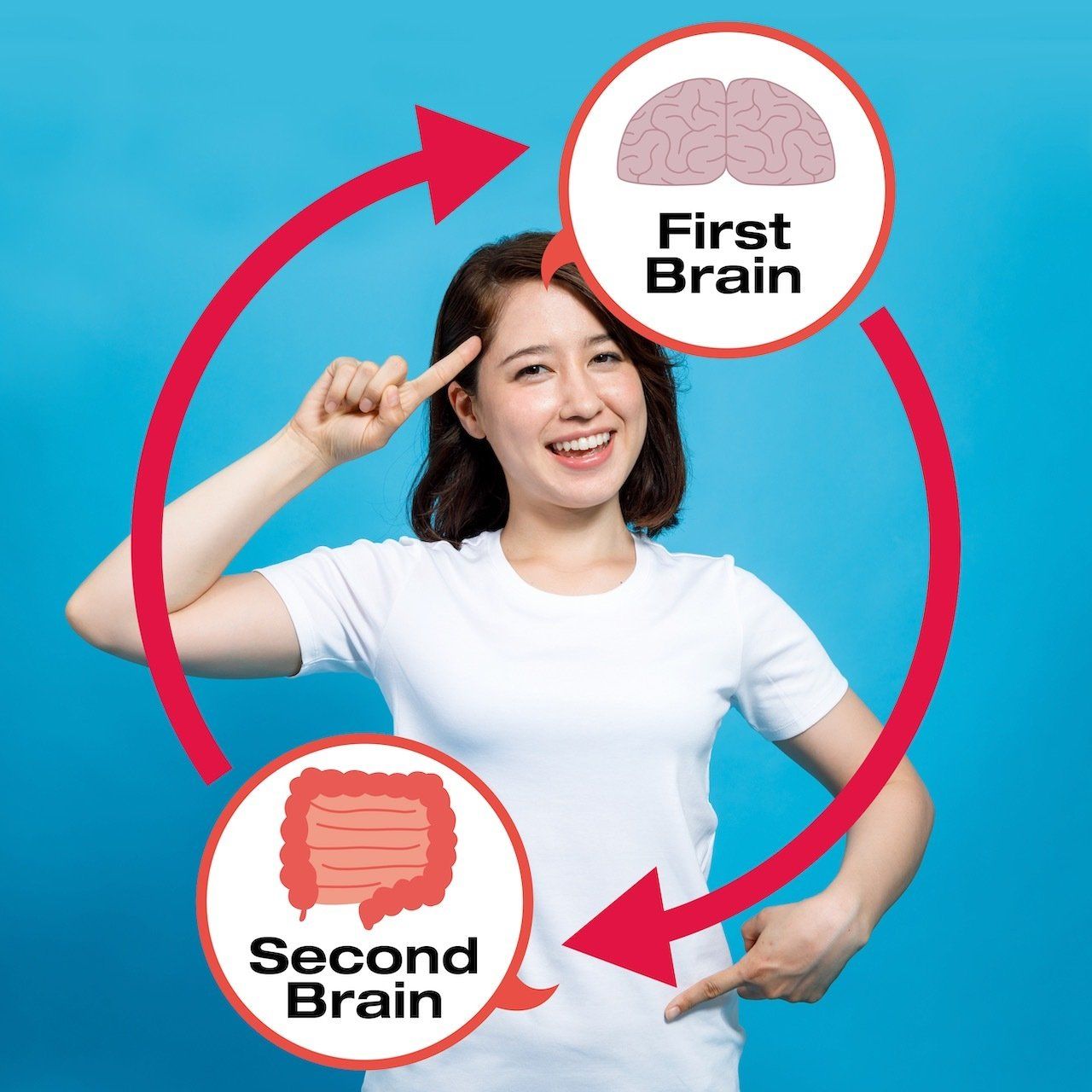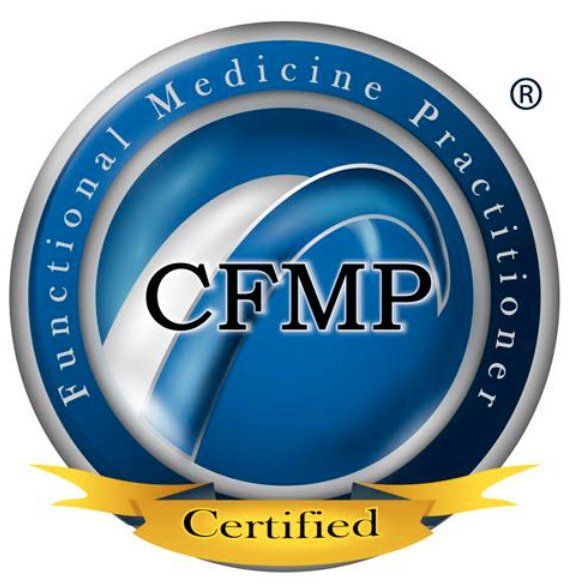The Dangers of Poor Nutrition:
How It Can Impact Your Life
Did you know that poor nutrition can impact every aspect of your life? It can affect your physical health, mental health, and even your career. In this blog post, we will discuss the dangers of poor nutrition and how it can affect your life. We will also provide tips for improving your nutrition and living a healthier lifestyle.
Lack of Nutrients
If you are not getting the nutrients your body needs, it can lead to serious health problems. Poor nutrition can weaken your immune system, making you more susceptible to illness and disease. It can also cause weight gain, high blood pressure, and high cholesterol. Poor nutrition can even impact your mental health, causing depression, anxiety, and mood swings.
Poor Nutrition and your DNA
Did you know that poor nutrition can impact your DNA? Studies have shown that a diet lacking in certain nutrients can change the structure of your DNA. This can lead to a number of health problems, including an increased risk for chronic diseases. So, if you're not getting enough of the right nutrients, it could be time to make some changes to your diet.
Poor nutrition can also affect your career. If you are not getting the nutrients your body needs, it can impact your productivity and performance at work. People who do not get enough nutrients in their diets tend to be ill more frequently.
Apples to apples!
One apple in the 1960s had the same nutritional value as four of today's apples. Today's beef and chicken have more saturated unhealthy fat, calories, and bad cholesterol than those from 40 years ago. The list goes on.
In December 2004, the Journal of the American College of Nutrition published landmark research by Don Davis and his team from the Department of Chemistry and Biochemistry at the University of Texas (UT), Austin. They reviewed USDA nutritional data for 43 different vegetables and fruits going back to 1950, revealing “reliable declines” in the amount of protein, calcium, phosphorus, iron, riboflavin (vitamin B2) and vitamin C over the past half-century. The growing prevalence of agricultural practices that aim to improve non-nutritional characteristics (yield, size, growth rate, pest resistance) rather than nutritional value is partly to blame, according to the researchers.
What does this mean for our health?
It means that we are consuming more empty calories than ever before. We are also lacking in essential vitamins and minerals that are vital to our health. This can lead to a whole host of problems including obesity, diabetes, heart disease, and even cancer.
So what can we do to combat this problem?
For starters, we need to be aware of the foods we are eating and their nutritional value. Make sure you are eating a variety of healthy foods. This includes fruits, vegetables, whole grains, lean protein, and low-fat dairy. Second, limit your intake of processed foods, sugary drinks, and unhealthy fats. Third, make sure you are getting enough exercise. Exercise not only helps improve your physical health but can also improve your mental health. Finally, make sure you are getting enough sleep. Sleep is essential for good health and well-being.
Supplements to help combat poor nutrition
There are a few key supplements that can help combat poor nutrition. These include vitamins A, C, and E, iron, iodine, folate, as well as the mineral zinc. Vitamin A is important for vision and immune function, while vitamin C is crucial for wound healing and tissue repair. Vitamin E is a powerful antioxidant that helps protect cells from damage. Iron is needed for hemoglobin, which carries oxygen in the blood. A lack of iron can lead to anemia, which can make you tired and weak. Iodide is needed for the production of thyroid hormone. Folate is needed for the production of red blood cells and zinc plays a role in cell growth and development. Taking a daily multivitamin can help ensure you are getting all the nutrients you need. https://mmichael.metagenics.com/item/bund3khsuhfb/multivitamin/1-practitioner.html can help ensure that you're getting enough of these essential nutrients.
By following these tips, you can improve your nutrition and live a healthier, happier life. However, if you think you may be suffering from poor nutrition, it is important to see a doctor, a registered dietitian, or a nutritionist to get a complete evaluation. They can help you develop a plan to improve your nutrition and achieve optimal health..
If you'd like to discover more about nutrition and how to eat for your DNA and genes, as well as how to activate and deactivate your genes, check out chapter # 5 of my new book "Understanding Genomics;
How Nutrition, Supplements, and Lifestyle Can Help You Unlock Your Genetic Superpowers."
This book is a must-read if you want to learn how to control your genetic destiny!
Order a copy today!
Until then, stay healthy and happy!
Dr. Marios Michael
Resources:
- Dr. Marios Michael, DC, CNS, cFMP, 06/2022, Understanding Genomics; How Nutrition, Supplements, and Lifestyle Can Help You Unlock Your Genetic Superpowers, 1st edition, Austin, Bookbaby.
- Davis DR, Epp MD, Riordan HD. Changes in USDA food composition data for 43 garden crops, 1950 to 1999. J Am Coll Nutr. 2004 Dec;23(6):669-82. doi: 10.1080/07315724.2004.10719409. PMID: 15637215. Jun;18(3):14-18. PMID: 32549804; PMCID: PMC7217393.
- Darmon N, Darmon M, Maillot M, Drewnowski A. A nutrient density standard for vegetables and fruits: nutrients per calorie and nutrients per unit cost. J Am Diet Assoc. 2005 Dec;105(12):1881-7. doi: 10.1016/j.jada.2005.09.005. PMID: 16321593.
- Di Renzo L, Gualtieri P, Romano L, Marrone G, Noce A, Pujia A, Perrone MA, Aiello V, Colica C, De Lorenzo A. Role of Personalized Nutrition in Chronic-Degenerative Diseases. Nutrients. 2019 Jul 24;11(8):1707. doi: 10.3390/nu11081707. PMID: 31344895; PMCID: PMC6723746.
- Ramos-Lopez O, Milagro FI, Allayee H, Chmurzynska A, Choi MS, Curi R, De Caterina R, Ferguson LR, Goni L, Kang JX, Kohlmeier M, Marti A, Moreno LA, Pérusse L, Prasad C, Qi L, Reifen R, Riezu-Boj JI, San-Cristobal R, Santos JL, Martínez JA. Guide for Current Nutrigenetic, Nutrigenomic, and Nutriepigenetic Approaches for Precision Nutrition Involving the Prevention and Management of Chronic Diseases Associated with Obesity. J Nutrigenet Nutrigenomics. 2017;10(1-2):43-62. doi: 10.1159/000477729. Epub 2017 Jul 8. PMID: 28689206.
- Bailey RL, West KP Jr, Black RE. The epidemiology of global micronutrient deficiencies. Ann Nutr Metab. 2015;66 Suppl 2:22-33. doi: 10.1159/000371618. Epub 2015 Jun 2. PMID: 26045325.
Medical Disclaimer: The information included on this blog is for educational purposes only. It is not intended nor implied to be a substitute for professional medical advice. The reader should always consult his or her healthcare provider to determine the appropriateness of the information for their own situation or if they have any questions regarding a medical condition or treatment plan. Never disregard professional medical advice or delay in seeking it because of something you have read on this blog! Reading the information on this blog does not create a physician-patient relationship.
These statements have not been evaluated by the Food and Drug Administration. This product is not intended to diagnose, treat, cure, or prevent any disease.

